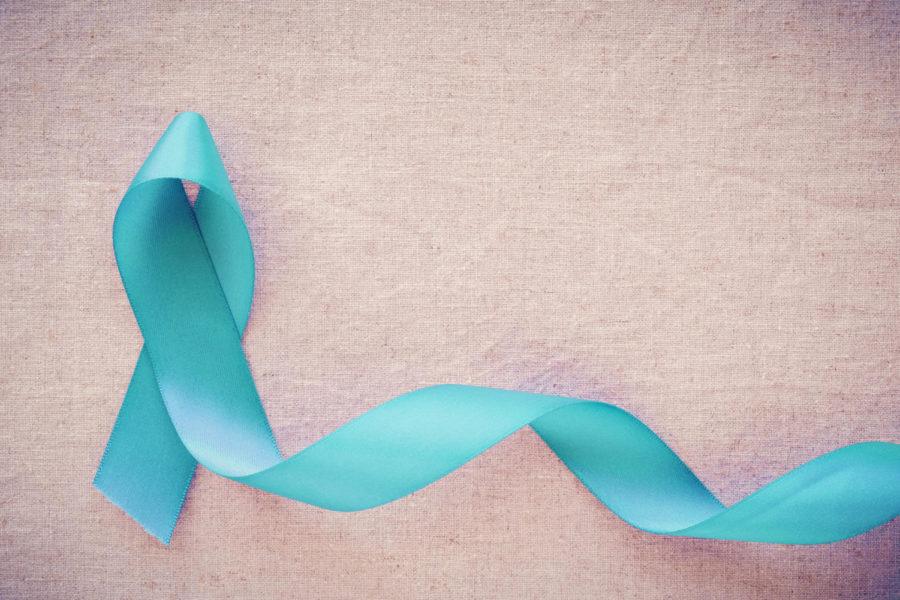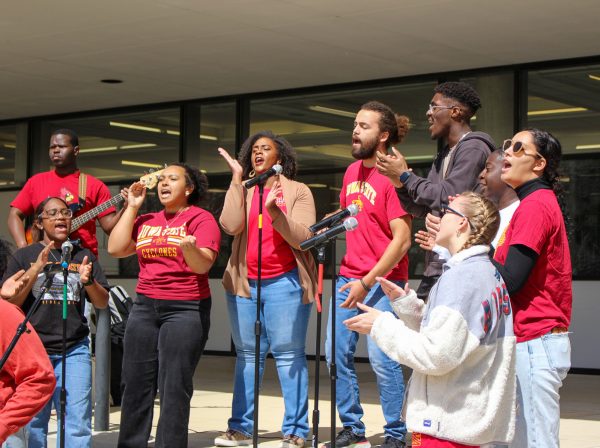Voices: Do not forget about healing
Sexual assault awareness ribbon.
April 2, 2019
I have heard and seen it all.
The statistics, the survivors’ stories, the outrage, the activism, the support.
Power-based violence has impacted so many individuals, and most importantly in its midst it has left a trail of hurt for many.
Whether we realize or not, many people walk around hurting on the inside.
Sexual assault awareness became more prominent in my life during my days in high school.
I can recall small conversations pertaining to sexual assault awareness but I never truly saw activism and advocacy until I arrived on Iowa State’s campus.
I was one of hundreds of people in attendance when Tarana Burke, the founder of the #MeToo movement, spoke about its origins in Stephens Auditorium.
I saw the narrative of the movement shift away from being about providing support for survivors to being about removing powerful men from their positions and causing the demise of their careers.
I chose to shape my own narrative of the movement. I decided the meaning of the movement was to provide support and healing for those affected.
This year’s theme for Sexual Assault Awareness Month at Iowa State is Denim Day. It symbolizes the two most meaningful aspects of advocacy and awareness: solidarity and healing.
For myself, as I have matured, so has my realization about the importance of healing.
Healing should take more of an approach on the mind than on the body.
Just as you take in good things for your body, there has to be the same input for your mind, especially following trauma.
The book “Body Keeps the Score” will influence parts of Iowa State’s programming for the month. Author Bessel van der Kolk calls trauma one of the most urgent public health crises.
A prime reason why trauma becomes so toxic and unfortunately fatal is because those hurting do not have someone there to listen to and empathize with their pain.
It is important to take time to listen to those hurting and to not invalidate their experiences, and van der Kolk makes it loud and clear throughout his book the effects of manifesting all the trauma.
What I have now acknowledged in my life is that it’s important to help those hurting and to acknowledge when you are.
Showing support or solidarity can be as simple as wearing denim April 24 or actively listening to a survivor share their story.
It’s now time to start acknowledging and taking care of ourselves and continuing our support for those who are survivors of trauma.

















